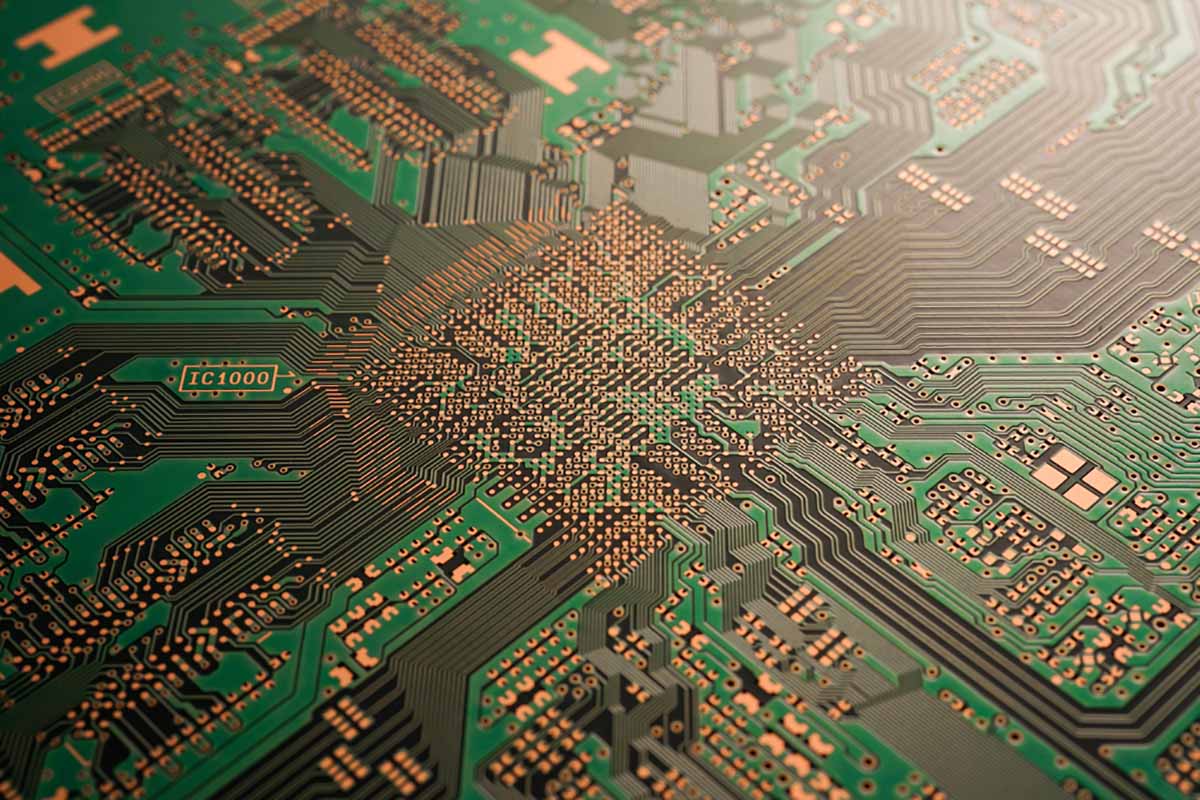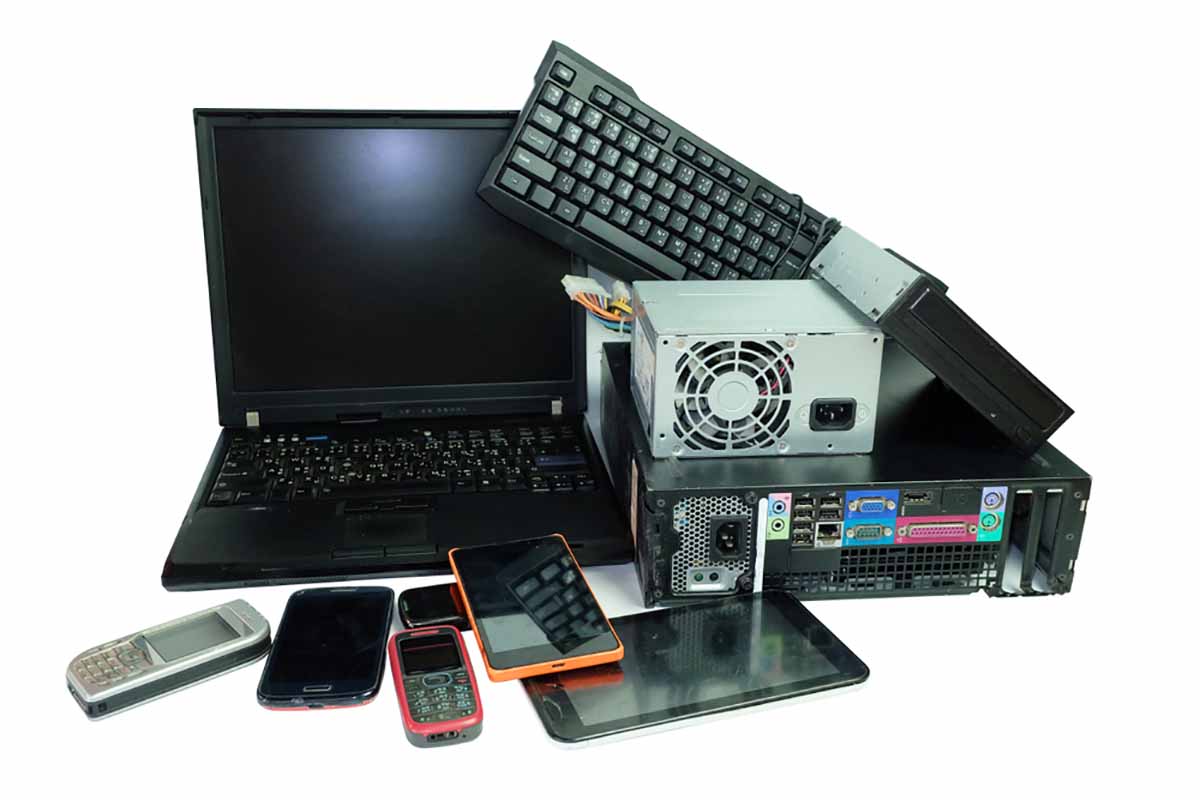
SERI and RIOS are working to build more online programs for education on EHS management systems. | S_L/Shutterstock
Companies with R2-certified facilities will be able to access discounted RIOS environmental health and safety management resources through a new partnership.


 Colin Staub was a reporter and associate editor at Resource Recycling until August 2025.
Colin Staub was a reporter and associate editor at Resource Recycling until August 2025.







